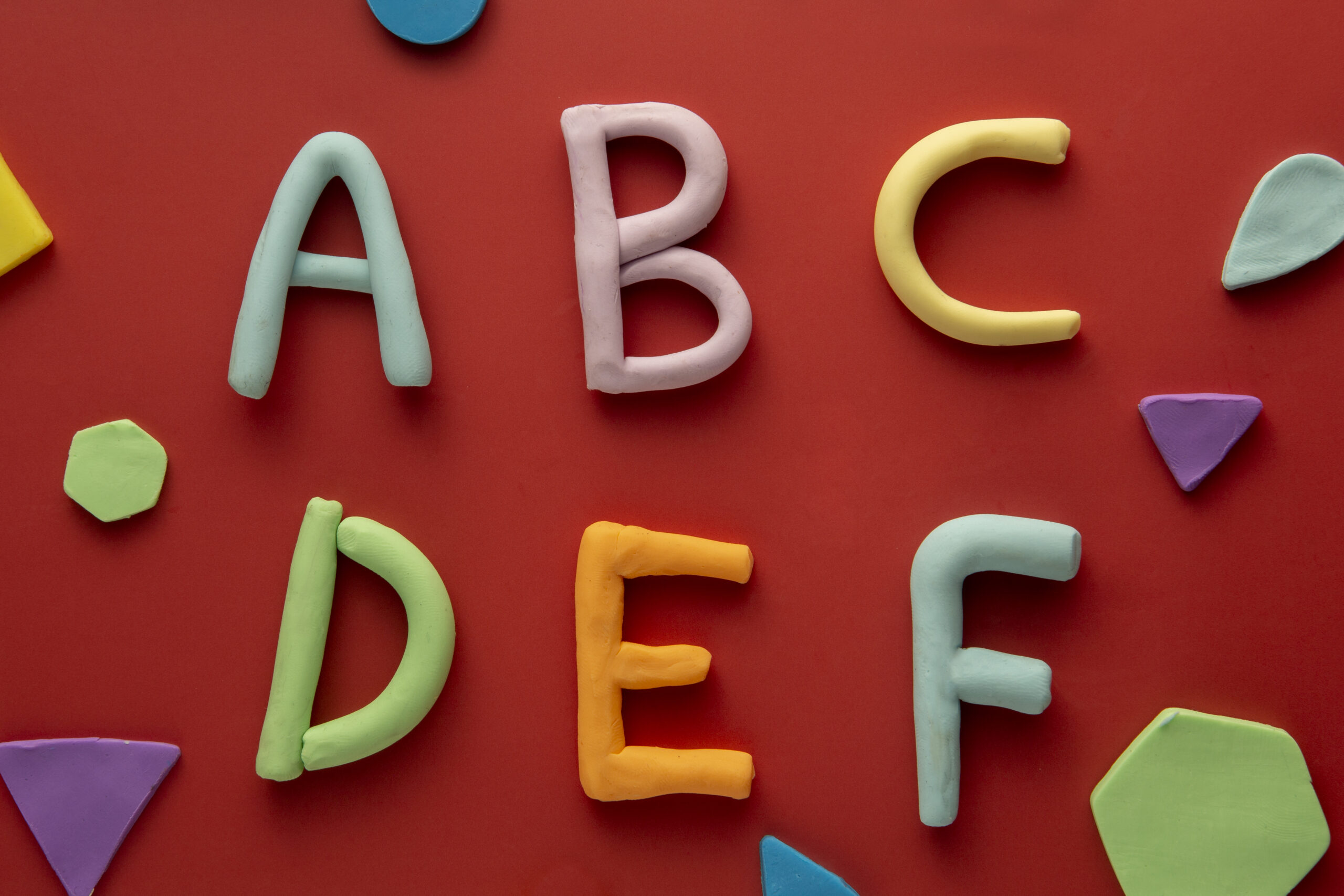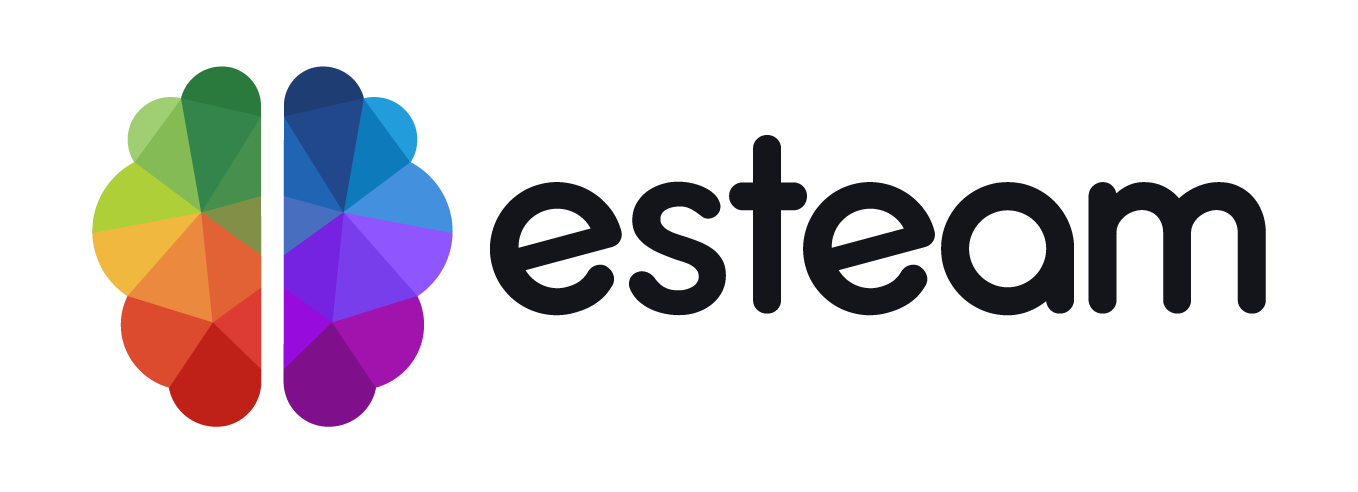
Unlocking the Alphabet: The Key to Early Literacy
Alphabet knowledge, also called letter knowledge, plays a critical role in early literacy development. It lays the groundwork for later reading and writing success and is so much more than just memorizing the alphabet. When teaching your students about the alphabet, there are four main skills to focus on:
Letter Recognition: Being able to identify both uppercase and lowercase letters visually. Each letter has its own shape and size and children need to be able to easily distinguish one letter from another.
Letter Names: Knowing the names of all the letters. This is when a child can correctly say the name of a letter when they see it.
Letter-Sound Associations: Knowing the specific sounds that each letter represents and understanding that letters are the written representations of speech sounds.
Letter Formation: Knowing how to correctly write each letter. This requires fine motor skills and involves understanding and mastering the specific movements needed to produce letters accurately and legibly.
Why is Learning About Letters Important?
Alphabet Knowledge is essential because it serves as the foundation for learning to read and write. In fact, alphabet knowledge has been found to be one of the strongest predictors of children’s later reading and spelling abilities (National Early Literacy Panel, 2008). Recognizing letters and connecting them to their sounds allows children to start decoding words, an important skill for reading and building fluency. It also enables children to express themselves through writing. When they know the sounds associated with letters, they can begin to spell simple words and write short sentences to communicate their thoughts.
As a preschool teacher, you may now be wondering, what can I do to help support my students with these essential skills? In this next article, we share a number of activities that you can easily incorporate into your daily routine to help make learning the alphabet engaging and meaningful for your little ones.
References: National Early Literacy Panel. (2008). Developing Early Literacy: Report of the National Early Literacy Panel. Washington DC: National Institute for Literacy.

Literacy Specialist
